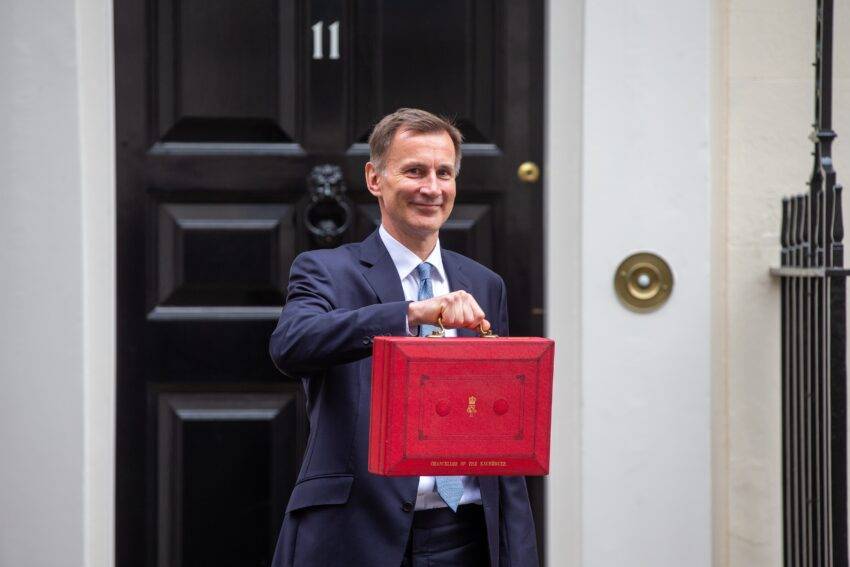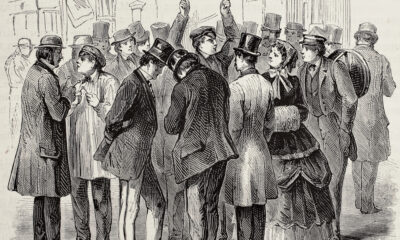Business
Tories Mull stamp duty cut ahead of general election in autumn statement

The Conservative Party is considering the possibility of a stamp duty cut ahead of the general election in its autumn statement, with the aim of convincing voters with a pre-election offer.
The proposed measure will see the stamp duty threshold increased from £250,000 to £300,000, potentially leading to significant tax savings for homebuyers and boosting the housing market.
The Treasury has drawn up plans to cut stamp duty, with the annual cost estimated at £3 billion by 2028-2029. Nearly half of all home buyers could benefit from the change, potentially saving up to £2,500 on their property purchases. While the proposal was being considered for the spring budget, it was shelved in favor of cuts to national insurance.
However, with inflation expected to ease significantly by the time the autumn statement is released, senior Tories are reconsidering the idea of a stamp duty cut as part of a pre-election strategy. Chancellor Jeremy Hunt has begun preliminary talks with senior officials over the autumn declaration, expected in September, with Prime Minister Rishi Sunak planning to hold a general election in November.
Last year, Hunt and Sunak introduced cuts to National Insurance totaling 4p, equivalent to £900 for the average worker, but these cuts did not have a substantial impact on opinion polls. Despite this, ministers are considering further cuts to national insurance and stamp duty if budgetary conditions allow. Michael Gove, the Leveling Up Secretary, has called for bold housing initiatives, including stamp duty cuts and more support for first-time buyers, to win over voters.
Currently, individuals are starting to pay 5% stamp duty on property values above £250,000, with higher rates for more expensive properties. The proposed cut in stamp duty would mainly benefit regions with higher property prices, such as the south of England.
Discussions over the timing of the autumn statement are ongoing, with Sunak reportedly favoring an election in November to allow more time for economic recovery. However, there is speculation that snap elections could be called in June or July, especially if there is disagreement within the Conservative Party after the local elections in May.
In addition to fiscal measures, Sunak has announced social reforms aimed at addressing the sustainability of disability benefits and boosting employment. The proposed reforms aim to overhaul the welfare system’s approach to mental health care and discourage long-term unemployment.
The Prime Minister is optimistic about the passage of the Rwanda Security Bill, despite delays caused by opposition in the House of Lords. The bill aims to establish arrangements for the transfer of migrants to Rwanda, with the first flights possibly scheduled for June.











